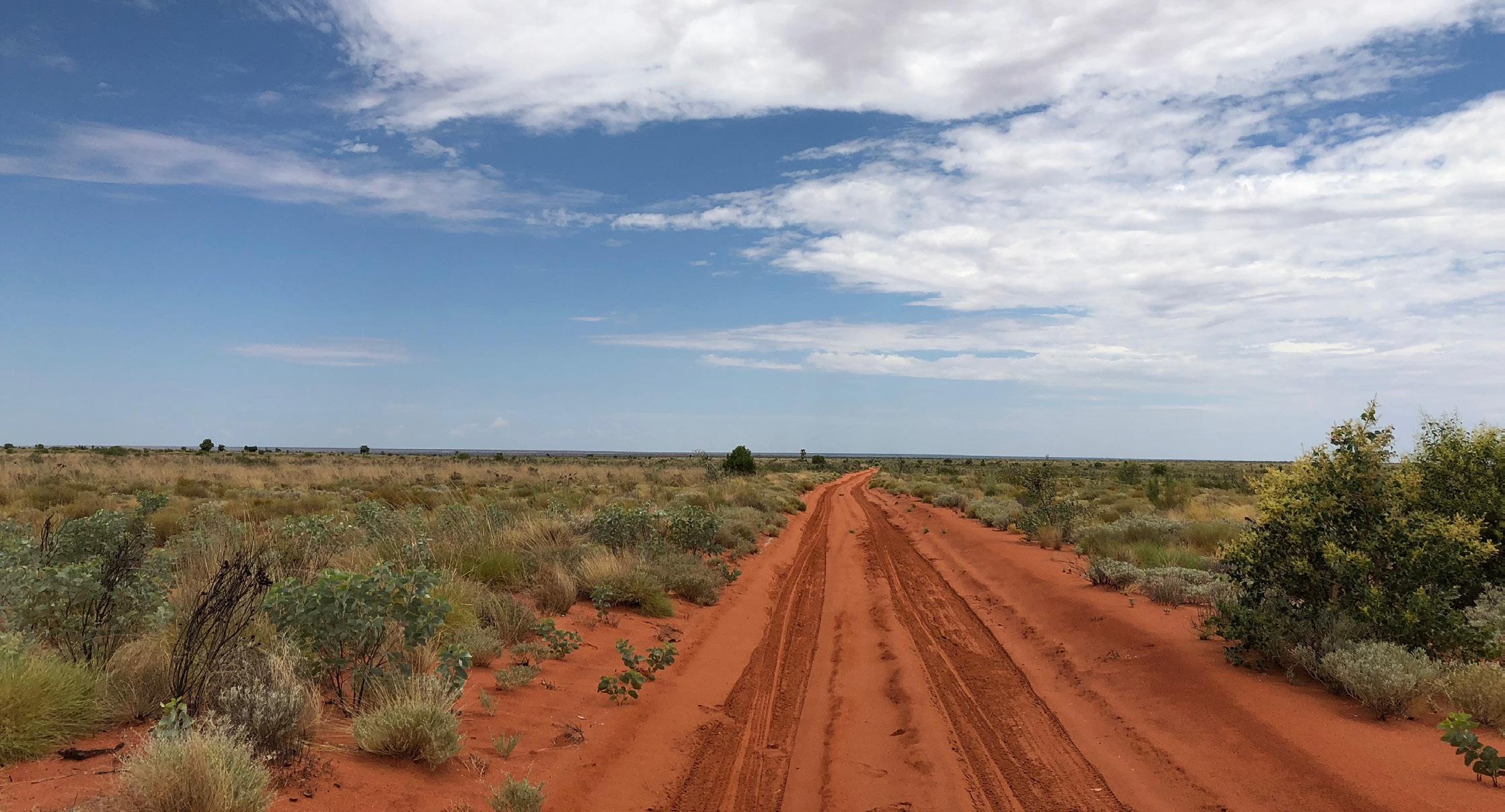
3 minute read
Regional schools face challenging times
from April 2023 Western Teacher
by SSTUWA
By Matt Jarman President
With Western Australia’s public education system currently facing a teacher shortage, among other issues, the unfortunate reality is that schools in regional and remote areas are the worst affected.
Advertisement
While it is tough to find experienced, fully qualified teachers to teach specialist subjects in metropolitan schools, it’s far more difficult to attract those people to country schools.
As a result of the shortage, the SSTUWA is aware regional schools are having to amalgamate classes so that several year groups are in one class; a challenge for an experienced teacher, let alone a graduate or new teacher who’s unlikely to have access to enough support.
The absence of system provided professional learning to help differentiate the curriculum only compounds this challenge for country teachers.
A record number of regional students are having to turn to the School of Isolated and Distance Education (SIDE) to do particular subjects which aren’t available at their local school primarily due to the teacher shortage, or the school cannot fund a particular course.
The online learning environment is now a regular part of a regional secondary student’s timetable and a troublesome, logistical reality for regional school leaders and teachers.
And while the challenge of attracting experienced teachers to the regions is nothing new, a series of policy decisions and other factors have made it even harder for regional schools in recent times.
The introduction of the Independent Public School (IPS) model by the Barnett Government was designed to give schools more independence in how they managed their budgets and staffing.
Unfortunately, one of the predictable consequences was the removal of incentives for teachers to go to the regions. For example, working in a regional school for a length of time previously made teachers eligible to choose their preferences if they decided to return to the metro area. That incentive was removed as part of the IPS system.
The availability and standard of Government Regional Officer Housing (GROH) has also had a huge impact on the attraction and retention of staff in regional areas, with teachers unable to find anywhere suitable to rent.
The SSTUWA is aware of a growing number of smaller country shires who opt to build their own school leader or teacher accommodation, given the quality offered by GROH.
We are yet again seeing reports of property prices and rents soaring across regional WA, making the market almost inaccessible for teachers, particularly in mining towns.
Teachers not identified as “local” by Department of Education policy are the first to be impacted by high rental costs in regional locations.
This shows exactly why GROH should have been properly funded, rather than abandoned to the market. Again, a previous government started this process, but the current one has not adequately addressed the issue.
Our members also tell us their workloads are at unsustainable levels, with teachers in the regions more likely to have to take on extra administration or cleaning duties due to a lack of staff in their school.
Combined with the constant erosion of regional support networks, this leaves school leaders and teachers feeling isolated in more than just the geographical sense.
When the base model for funding public education was developed – a system called the School Resourcing Standard (SRS) – the extra needs of vast states like WA were recognised by a recommendation that the state get a minimum of 105 per cent of its SRS figure. Nowadays WA public schools get 91 per cent.
Full SRS minimum funding would equate to around $1,800 for every state school student. The impact on education would be enormous and could be targeted according to a particular school’s needs – more specialist subjects (including ATAR courses) with suitably qualified teachers, smaller class sizes, better IT and more support for students with particular needs.
The challenges being faced by regional and remote schools is one of the reasons the SSTUWA has commissioned an independent review of the public education system.
The expert panel has been travelling around the state to hear directly from people in the regions about the problems they’re facing in schools.
The review panel will report back to the union later this year, and we expect it will provide some recommendations on how to attract more teachers to regional schools and improve education for our regional kids.
The SSTUWA recently discovered that a regional TAFE college had been unlawfully demanding repayment of the initial cost of moving to the regional location from employees who resigned prior to completing two years of service.
The college in question relied upon an internal policy requiring repayment of their initial move to the region and had employees sign an agreement about the policy to receive their owed entitlement.
The college later sent an invoice to at least two SSTUWA members seeking reimbursement of part of the removal allowance.
The SSTUWA insisted the college withdraw the demand for payment and remove the offending provision of the policy on the basis that:
(a) The removal allowance is an entitlement under subclause 76.1 of the TAFE Lecturer’s General Agreement 2019 (TAFE Agreement);
(b) The policy contravened the Industrial Relations Act 1979 (WA) because it required employees to repay an entitlement under an industrial agreement, which amounts to contracting out contrary to section 114 of the IR Act.
By Mario Schmidt and SSTUWA Legal Services Team










